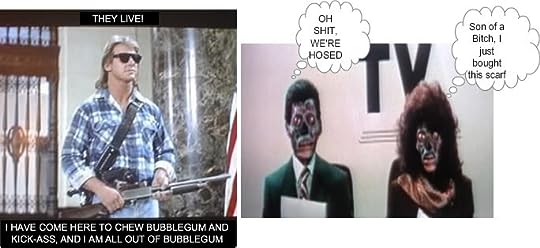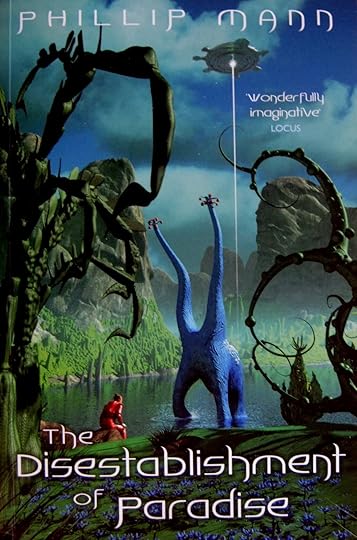What do you think?
Rate this book


309 pages, Mass Market Paperback
First published January 1, 1962
"Only five great families survived among the rampant green life; the tigerflies, the treebees, the plantants and the termights were social insects mighty and invincible. And the fifth family was man, lowly and easily killed, not organized as the insects were, but not extinct, the last animal species in all the all-conquering vegetable world."







"Great herder, we see you since you come. We Tummy-tree chaps are seeing your size. So know you will soon love to kill us when you go up from playing the sandwich game along with your lady in the leaves. We clever chaps are no fools, and not fools are clever to make glad for you. All the Tummy-men have no feeding and pray you give us feeding because we have no mummy Tummy-feeding--"YEP.
Gren gestured impatiently.
"We've no food either," he said. We are humans like you. We too must fend for ourselves."
"Alas, we did not dare to have any hopes you would share your food with us, for your food is sacred and you wish to see us starve. You are very clever to hide from us the jumpvil food we know you always carry. We are glad great herder, that you make us starve if our dying makes you have a laugh and a gay song and another sandwich game. Because we are humble, we do not need food to die with..."








